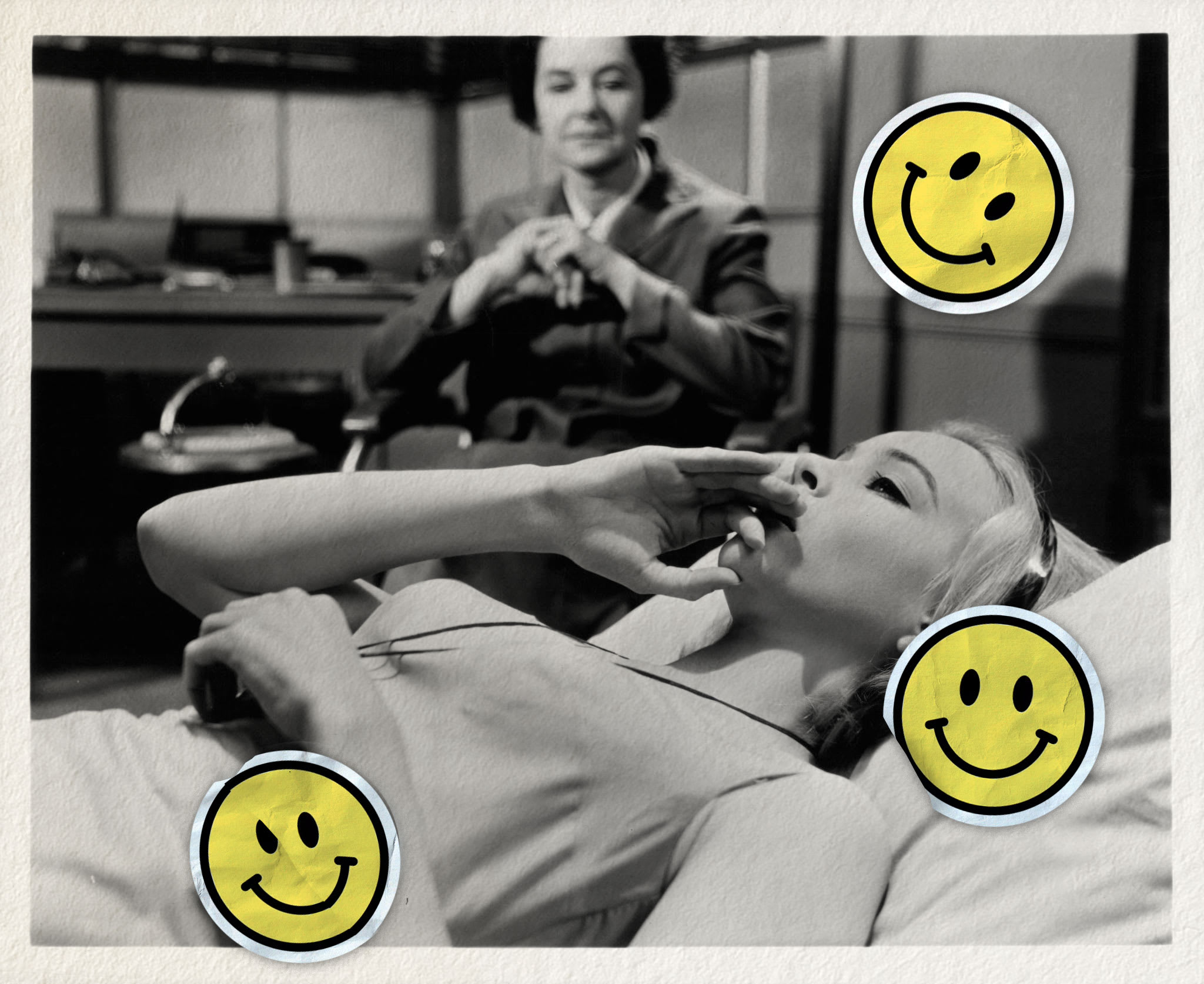Embracing science while throwing the kitchen sink at COVID-19
We would all love for there to be a miracle cure for COVID-19. And there are many talented researchers and pharmaceutical companies working around-the-clock to find an effective therapy.
But as we do that, it's important that we embrace science.
What do I mean by that?
Take hydroxychloroquine, for example. It's been in the news a lot lately. That's the drug that's been used for decades to treat conditions like malaria, or autoimmune diseases like lupus and rheumatoid arthritis.
A few small studies have looked at whether it's also effective in treating COVID-19, and the results have been mixed. So, with no proven therapies available, where does that leave health professionals like me?
That's where science comes in.
We've learned you need to do well-controlled, rigorous studies to figure out whether a drug works and whether the benefits outweigh the risks. But the clock is ticking, and patients are dying, and doctors like me want to do something right now, before those clinical trials are completed. That's the friction: between well-controlled studies and what's called empiric therapy – trying something to see if it works.
And right now, we're seeing a lot of empiric therapy around the country.
Clinicians are throwing a kitchen sink at COVID-19, because patients are so sick. So, patients will often receive a cocktail of medications, including hydroxychloroquine but also perhaps other experimental drugs, to see, does it work? With nothing else available, it's a reasonable thing to do.
But as we do this, we must also do the best possible clinical trials so we're relying on data, not belief.
What's wrong with empiric therapy, especially if the patient is getting better?
The problem is: you can't know whether a drug works unless you compare it to something else. That means seeing if patients who get the drug do better than those not getting it, and at what stage in the infection does it work the best? Mild illness? Severe illness? Can it perhaps prevent infection in people who have been exposed to the virus?
All those studies are going on right now. And as always, we have to be on the lookout for side effects.
Hydroxychloroquine, for example, can rarely cause a serious irregular heartbeat in patients with autoimmune disease. It's only rare, but perhaps that risk will go up in patients who are also infected with COVID-19, and who are taking other medications. It's likely that risk can be lowered by carefully monitoring those patients in a controlled study, by picking up the side effects early.
Here's my bottom line: there are many potential therapies under development, and we're rooting for them all. The reality of treating very sick patients is that we clinicians want to try something, even if we're not sure it works. But this is no time to abandon the scientific method of doing careful research.
And if we continue to embrace science, our best guesses just may morph into effective therapy.
Story produced by Amiel Weisfogel. Editor: Emanuele Secci.
See also:





